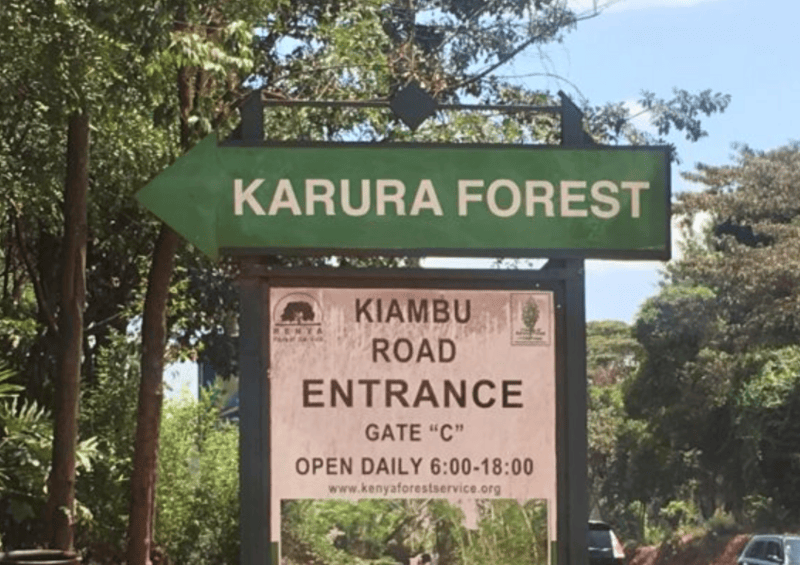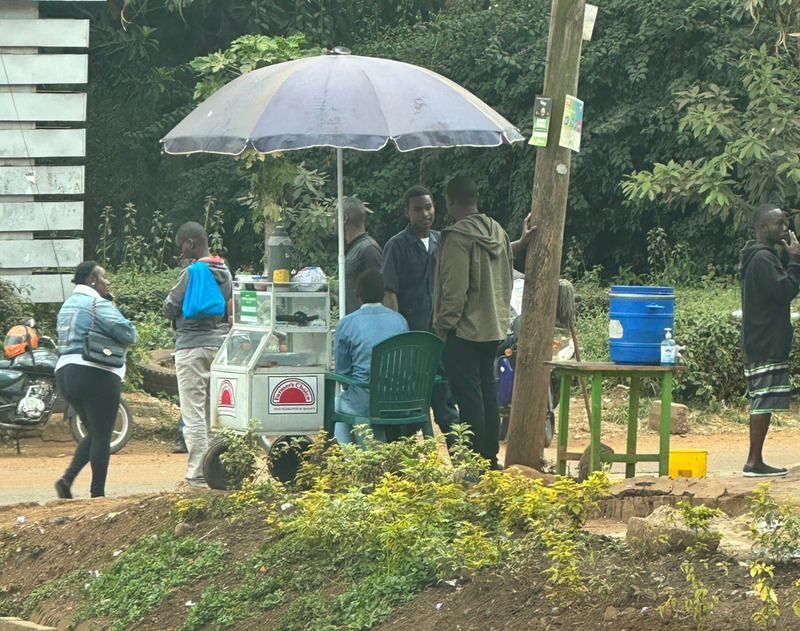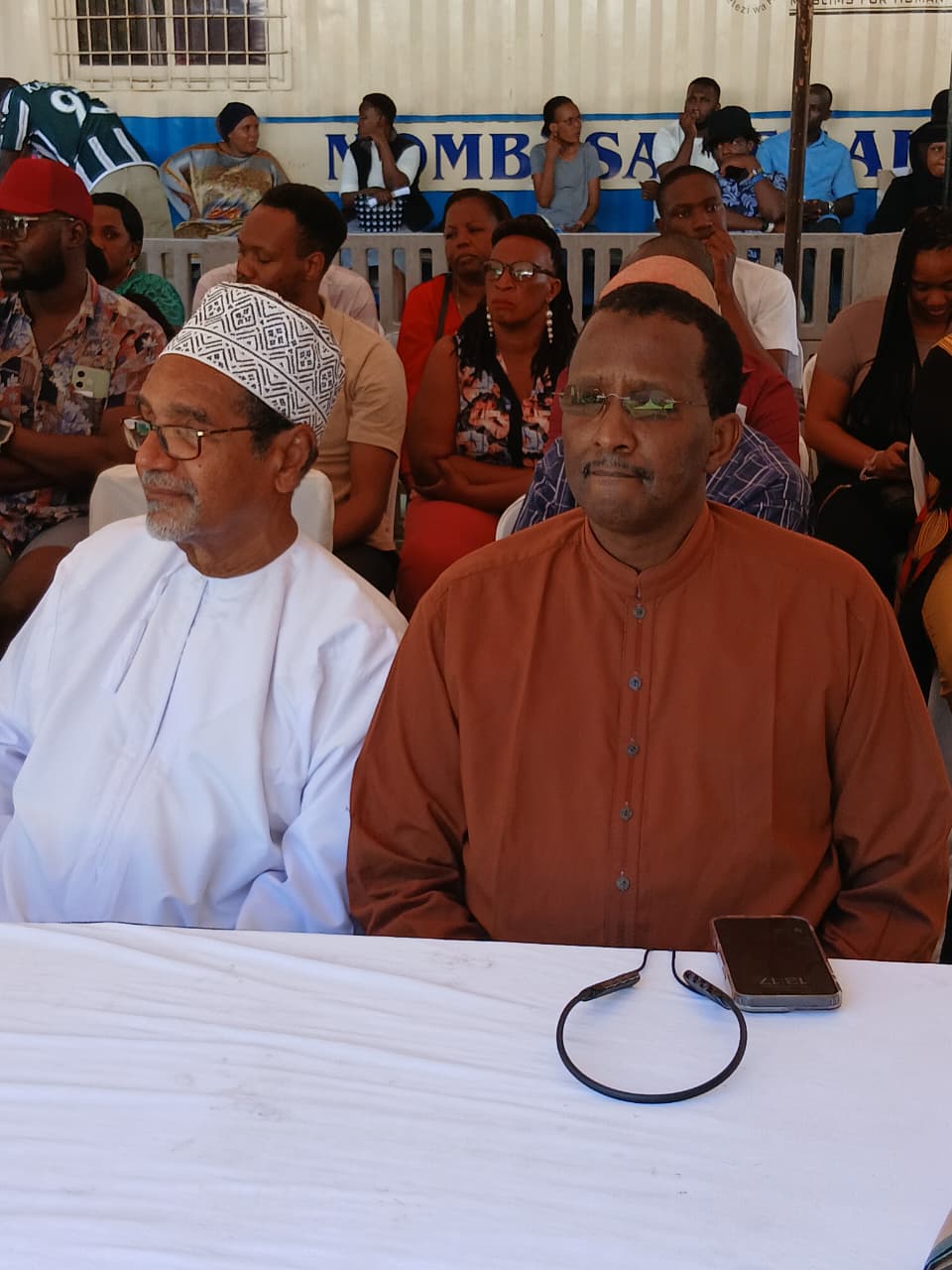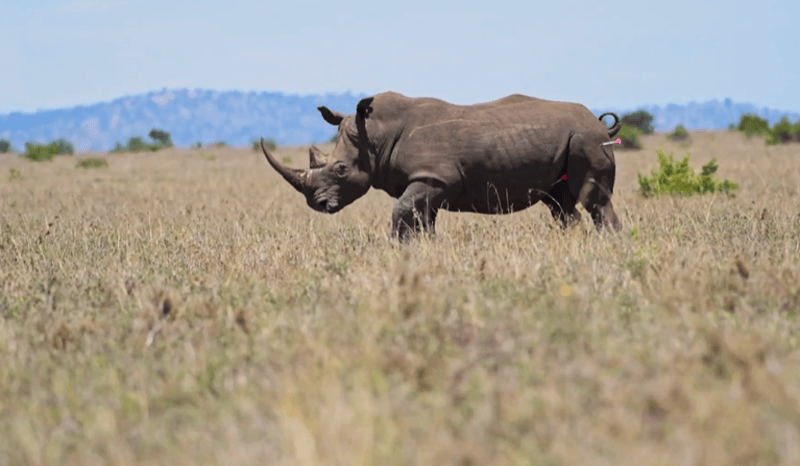Starvation, desperation grip Sudan’s El Fasher as war cuts off food, triggers soaring prices

Since May 10, 2024, fierce clashes have engulfed El Fasher, pitting the Sudanese Armed Forces and their allies against the Rapid Support Forces.
Under the scorching sun, 50-year-old Adam Ishaq weaves through the dusty centre of El Fasher's main market.
A faint glimmer of hope flickers in his eyes as he searches for something, anything, to feed his four children. But what was once a routine task has become a painful, desperate daily ritual.
More To Read
- Sudan Government vows post-war recovery, reconciliation in first Khartoum meeting since 2023 conflict
- Sudan floods kill 10, destroy homes as conflict deepens humanitarian crisis
- Sudan: ‘Devastating tragedy’ for children in El Fasher after 500 days of siege
- Sudanese cabinet holds first meeting in Khartoum since onset of civil war
- Nearly 1.65 million IDPs return home as Sudan displacement numbers fall
- RSF accused of shelling hospital, abducting eight civilians in El-Fasher
Once lively and full of goods, the market now stands eerily quiet. Only a few vendors remain, selling food at exorbitant prices far beyond the reach of people like Adam.
"Every day I come here hoping to find something cheap, but I leave empty-handed. A year ago, I could buy a sack of sorghum or some vegetables. Today, even dates have become a luxury," Adam told Xinhua, his voice heavy with sorrow."My four children fall asleep on empty stomachs, and I am unable to fulfil even their simplest needs."
His voice falters as he speaks of his youngest daughter, Mariam, who has stopped going to school because of severe hunger.
El Fasher—the capital of North Darfur State and one of the region's worst-affected by Sudan's war—has seen conditions deteriorate rapidly.
Since May 2024, the paramilitary Rapid Support Forces (RSF) have imposed a siege, cutting off food and medicine supplies to hundreds of thousands.
Hyperinflation and collapsing public services have deepened the suffering.
"Before the siege, life was already difficult, but at least we had something to eat," said Mohamed Idris, 56, a long-time resident.
"Now, there's nothing. Food is nearly impossible to find, and what remains is sold at sky-high prices."
Cradling her malnourished child, 42-year-old Khadija Omer echoed the despair.
"We can't even manage a meal for a single day," she said. "Hunger is part of our daily life now, but this time we fear we'll die in silence. No one seems to care what's happening here."
With basic staples out of reach, more residents are turning to umbaz—the leftover residue from peanuts and sesame seeds after oil extraction. Traditionally used as animal feed, umbaz has become a last resort.
"We're eating what even animals wouldn't touch in normal times," said 56-year-old Abdul-Rahman Idris, his hands trembling as he ground the hardened grains between two stones. "But even this feed is becoming expensive. Hunger shows no mercy."
At a health clinic in El Fasher’s Awlad Al-Reef neighbourhood, a doctor described worsening conditions due to the makeshift diets people are forced to adopt.
"The human stomach can't digest umbaz, but hunger makes people endure the pain," the doctor told Xinhua, noting a surge in cases of stomach ulcers and bloody diarrhoea.
Since May 10, 2024, fierce clashes have engulfed El Fasher, pitting the Sudanese Armed Forces (SAF) and their allies against the RSF.
The broader conflict, which erupted in April 2023, has killed tens of thousands and displaced millions—both internally and across borders—worsening an already dire humanitarian crisis.
Top Stories Today
Reader Comments
Trending

















































